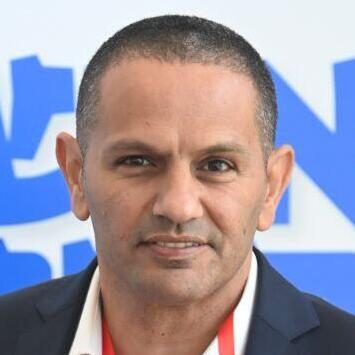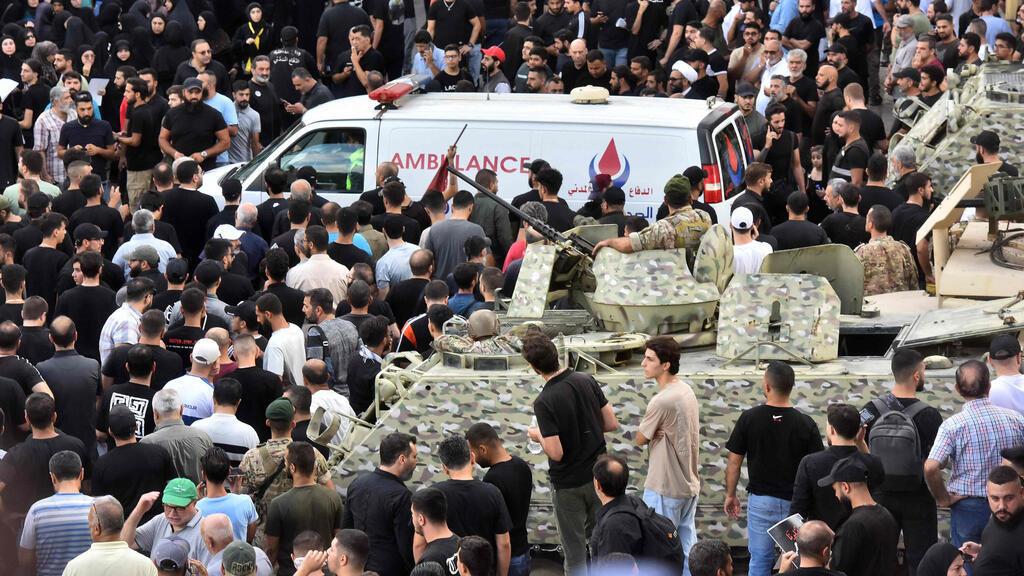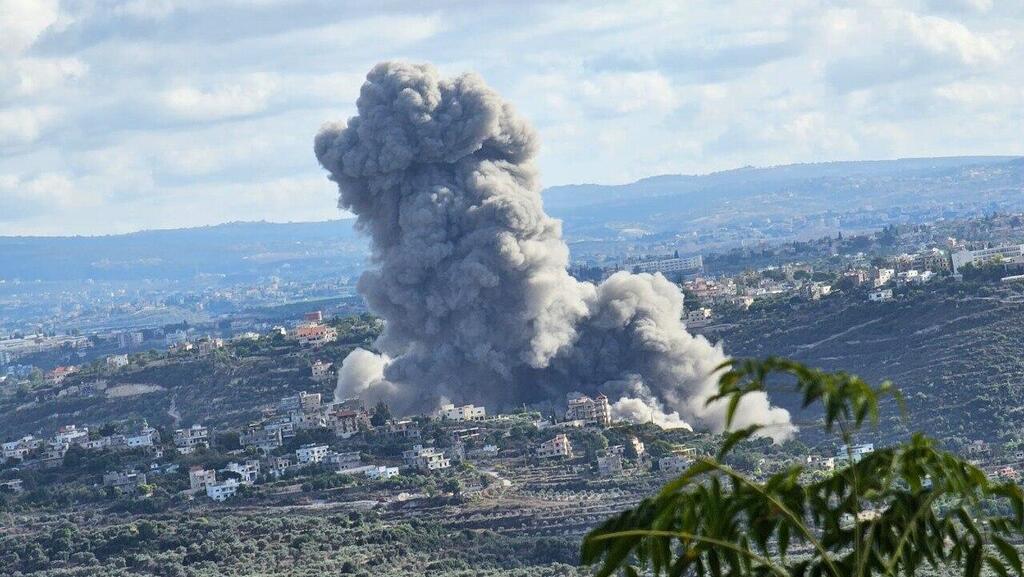The second wave of strikes launched on Wednesday caused significant damage to Hezbollah, marking part of a series of operations attributed to Israel that could, with high probability, lead to a broader war—one that might even draw in Iran.
These actions may be intended to force Hezbollah, after suffering severe blows, to cease fire and agree to a deal—one that suits Israel and allows northern residents to safely return to their homes, as outlined in the war’s objectives.
The explosions, reportedly over 2,000 in total, hit areas like the Dahiya neighborhood in Beirut, Mount Lebanon, Sidon, Marjayoun, and Baalbek. Lebanese reports indicate that explosions also occurred in homes, vehicles, and warehouses. The devices detonated on Wednesday, larger and with more explosives than the pagers that exploded earlier, were meant to assist Hezbollah during a ground maneuver against Israel. According to reports from Lebanon, Hezbollah purchased these devices about five months ago—around the same time the pagers were acquired.
Senior Israeli officials have told Nasrallah in messages relayed, that he can end the fighting if he agrees to a deal that includes distancing Hezbollah's elite Radwan forces from the border and eliminating their threat to the residents there.
"We are determined to create the security conditions that will return the residents to their homes, safely and we are prepared to do whatever it takes to achieve that," Israeli officials said. "We have many capabilities we have yet to use. When we take action, we always have the next couple of moves prepared. At each stage, the price for Hezbollah must be steep."
Based on statements coming from Lebanon and the depth of the damage to the organization, Israeli assessments suggest Hezbollah will respond—and in a different way than it has so far. Whether they’ll settle for a limited reaction is unclear. Any escalation on their part could lead to an exchange of blows that spirals into a wider conflict. As a result, Israel is seriously preparing for a significant response—one that could trigger a broader war.
Defense Minister Yoav Gallant said the IDF was shifting its focus to the north. The elite 98th Division, previously engaged in Gaza, has been moved to the Northern Command. They play a key role in the IDF’s plans for a ground maneuver along the commanding ridges of southern Lebanon, should the green light for attack be given. It has not thus far. The ground maneuver is critical to clearing the underground infrastructure Hezbollah has built on the Lebanese side of the border. And if Radwan forces return disguised as civilians, the threat must truly be removed.
Hezbollah leader Hasan Nasrallah
In Lebanon, there is an acknowledgment that within a minute, Hezbollah suffered its worst blow since the conflict began, with some even praising Israel’s operation for its means, capabilities, and technological and intelligence superiority.
"What happened yesterday inspires great awe at the enemy’s ability to inflict pain on its rivals, without hesitation in executing any operation,’ the Hezbollah-affiliated Al Akhbar newspaper wrote. And now we face a new reality. The rules of the game have changed. "The war will continue at least until the fighting in Gaza ends." And with Hezbollah betting on a prolonged war of attrition, why doesn’t Israel take advantage of the chaos there for another blow?
According to foreign reports, the original plan was for the pager operation to be the opening salvo of a war. However, for various reasons—such as the risk of exposure and the understanding a few weeks ago that the other side suspected technical issues—the decision was made not to waste the operation, but to use it now without sparking full-out war. Iran’s interest is to drag Israel into a long war on multiple fronts. Israel’s interest is to shorten it. If Israel doesn’t exploit the current situation, it may signal that there’s no desire to shorten the conflict at all.






